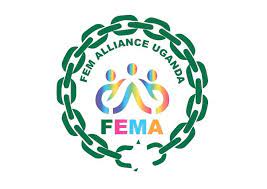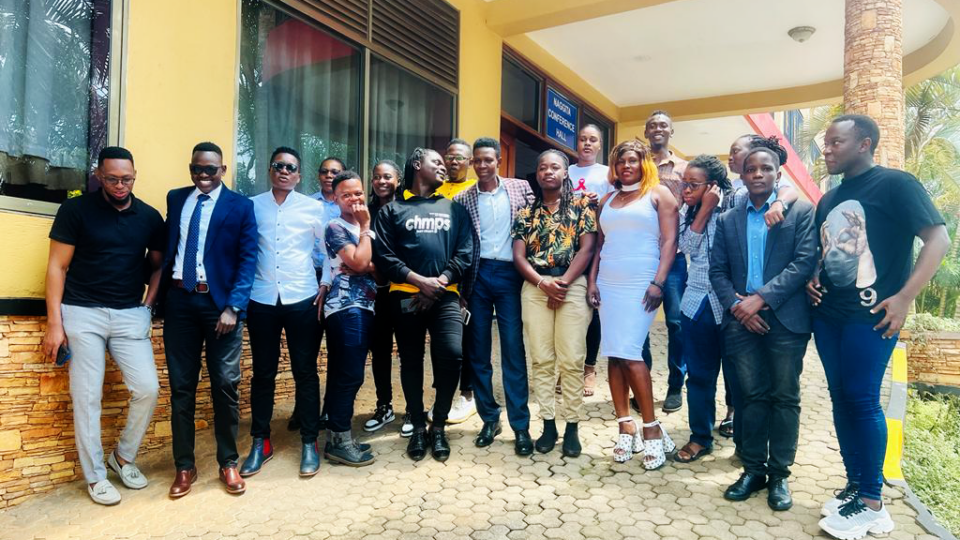Being trans in Uganda
In the face of widespread discrimination, violence, and systemic barriers, Uganda’s trans and gender diverse community struggles for recognition and dignity. Access to gender-affirming healthcare is complicated, and access to hormone therapy is very restricted. These barriers result in many opting to self-administer hormones, which, when unmonitored, can have adverse effects on their well-being.
Access to education and employment opportunities also have many hurdles that have to be overcome. Many trans and gender diverse people face expulsion from school or loss of their job due to stigma and discrimination that has drastically been exacerbated by the passing of the Anti-Homosexuality Bill in May 2023. It is now almost impossible for community members to find a job at all. Consequently, this has impacted the mental well-being of trans and gender diverse community members and there has been a notable increase in drug and alcohol abuse in vulnerable individuals.
Uganda’s discriminatory laws force trans and gender diverse people into an economically impossible situation, unable to access basic human rights, such as shelter, food and water. Many are forced into homelessness, and engaging in sex work is a necessity in order to survive. The oppressive Anti-Homosexuality Act has exacerbated the vulnerability of these communities, who, without legal protection and access to preventative health services, are at greater risk of acquiring HIV, and are at extreme risk of unchecked and State-mandated violence, persecution and prosecution.
Amidst these challenges, and against all odds, Fem Alliance Uganda continues to provide essential support for trans and gender diverse communities.
Who are Fem Alliance Uganda?
Fem Alliance Uganda (FEMA) is a lesbian, bisexual, trans and gender diverse organization established in 2012 by a trans and lesbian who felt that the needs of LBTQ communities were not adequately addressed in Uganda. FEMA was formed with a clear mission of improving livelihood amongst the LBTQ communities through education and imparting communication skills to their members to provide them with the skills to survive in a hostile environment.
- Mission: FEM Alliance exists to promote human rights and restore the human dignity of LBTQ persons through education, personal development, advocacy and strategic partnerships.
- Vision: A stigma-free Uganda where LBTQ can enjoy equal rights, human dignity, respect and social justice.
What are Fem Alliance Uganda doing for trans communities?
- held the first virtual AIDS chat for trans and gender diverse people after COVID-19. This event enabled FEMA to demystify and debunk the misconceptions and stereotypes regarding trans people living with HIV.
- Was supported by ROAD to distribute binders to the trans community in Uganda.
- has been involved in research and documentation including the release of a report on HIV/AIDS trans inclusion in National Strategic Plans, amplifying the voices and needs of trans and gender diverse individuals in State policy dialogues.
FEMA stands as a catalyst for change, driving forward the fight for equality, respect, and acceptance for all, regardless of gender identity or sexual orientation.

Uganda is notorious as one of the most deeply homophobic countries in the world. The systematic abuse and non-recognition of Ugandans based on their sexual orientation and gender identity are strongly driven by anti-gender opposition, notably sanctioned by the State, upheld by religion, culture and intolerant social attitudes, and emanating from colonial law enforcement.
It’s terrible that even now, in today’s world, people who are trans or gender diverse in Uganda are not being treated fairly. They face discrimination and injustice, which is just wrong. The passing of the anti-homosexuality Act in Uganda not only threatens the rights of LGBTQ+ individuals but also exacerbates the challenges faced by trans and gender diverse persons, deepening their marginalization and vulnerability.
Jay Mulucha, Executive Director of FEMA, writing a critical analysis of the impact of the anti-gender movement on trans and gender diverse persons in Uganda





